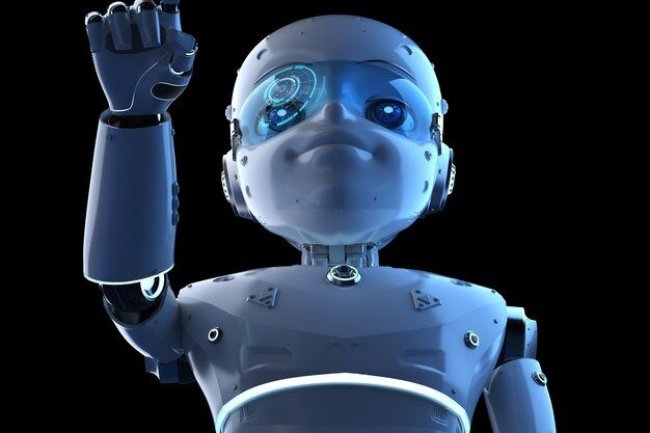What is the biggest danger of AI?
There is no "biggest" danger of AI, as the technology has the potential to carry a number of risks and challenges...

What is the biggest danger of AI? However, here are some of the main dangers of AI:
Existential risk:
Some researchers and experts have expressed concerns that AI could pose an existential risk to humanity if it becomes more intelligent than humans and does not align with human values or goals. This scenario, sometimes referred to as the "AI Alignment problem", could potentially lead to the creation of a super-intelligent AI that could cause far-reaching damage or even pose an existential threat to humanity.
Misuse of AI:
AI could be misused for a number of nefarious purposes, such as cyber attacks, disinformation campaigns and autonomous weapons. These risks could be exacerbated by the fact that AI systems are difficult to understand, monitor and control after they are deployed.
Relocation:
AI and automation have the potential to replace many jobs that are currently being done by humans. While AI is likely to create new jobs, the transition could be difficult for many people and exacerbate economic inequality.
Bias and discrimination:
AI systems are only as unbiased as the data on which they are trained, and if this data reflects human biases and prejudices, the AI system will learn and maintain these biases. This could lead to discrimination against certain groups of people such as minorities, women or people with disabilities in areas such as recruitment, lending and criminal justice.
Privacy concerns:
AI systems often rely on large amounts of data, including personal data, to function effectively. This raises concerns about how this data is collected, stored and used and whether it is used ethically and legally.
Maximizing the benefits of AI:
Overall, it is important to address and mitigate these potential risks to ensure that the benefits of AI are maximized and possible negative consequences are minimized.
It is difficult to predict with certainty what the future of AI will be in 2050, as the technology is developing rapidly, and many factors could influence its development.
However, based on current trends and research, there are a few ways in which AI could be used in 2050:
Autonomous transport:

Self-driving cars and other autonomous vehicles are already under development, and it is possible that by 2050 they will be widely used both on land and in the air.
Personalized medicine:
AI could be used to develop personalized treatment plans for patients based on their individual genetic makeup and medical history.
Smart Homes and Cities:
AI could be used to create smart homes and cities that are more efficient and sustainable, with systems that optimize energy consumption, manage waste and improve public safety.
Improved education:
AI could be used to improve education and training, with personalized learning programs that adapt to the needs and abilities of each student.
Increasing automation:
AI and automation could continue to replace many jobs currently held by humans, which would lead to significant changes in the labor market and the economy.
More advanced AI systems:
AI systems could become more advanced, with the ability to reason, plan and understand complex concepts. This could lead to significant advances in areas such as robotics, space exploration and scientific research.






















